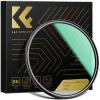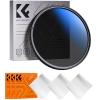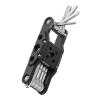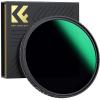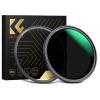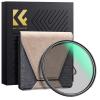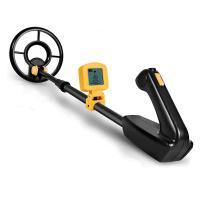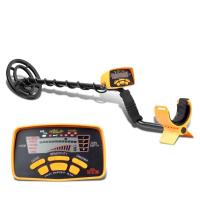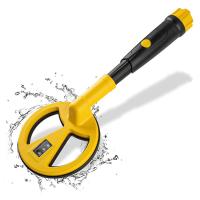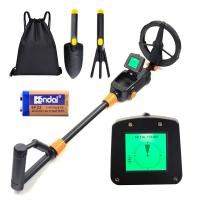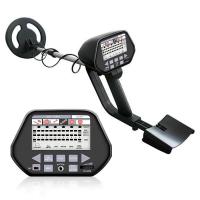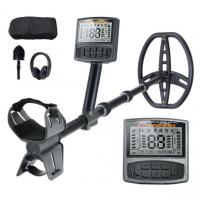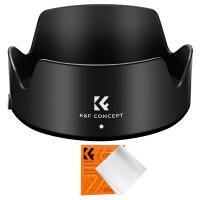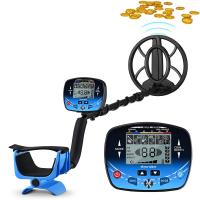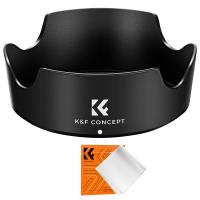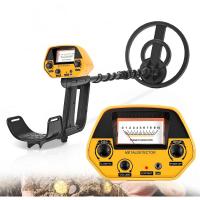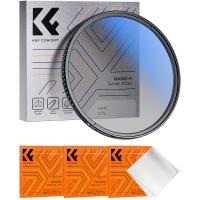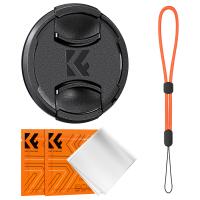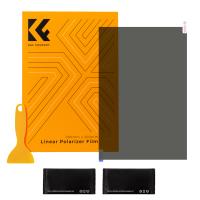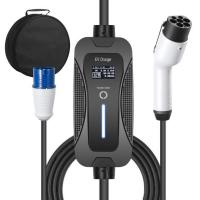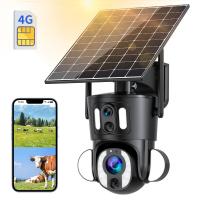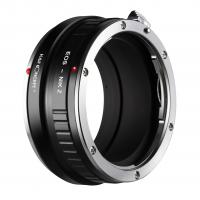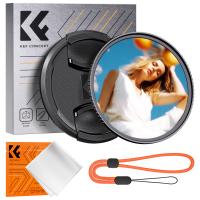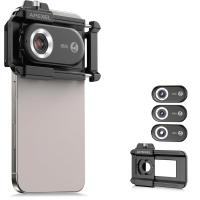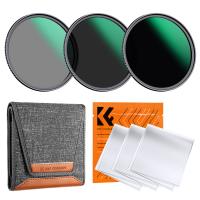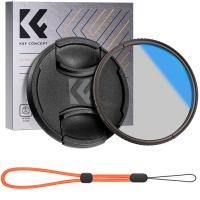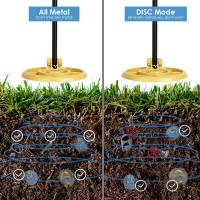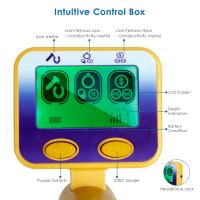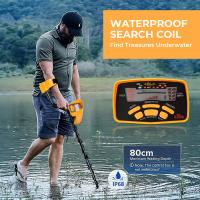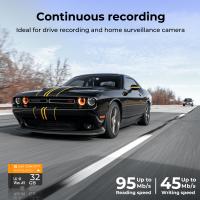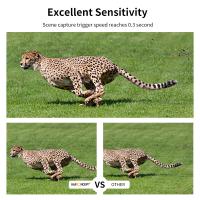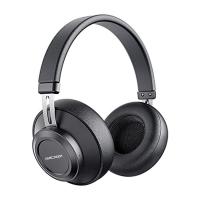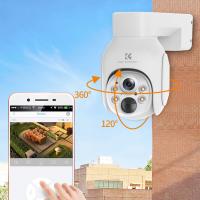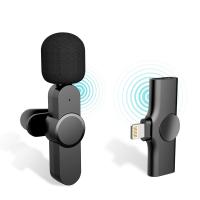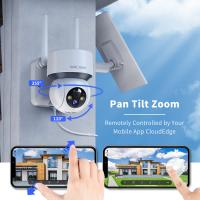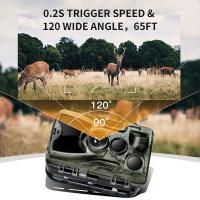How Much Is A Metal Detector?
When it comes to purchasing a metal detector, potential buyers often have a variety of questions and concerns. The primary question, of course, is "How much does a metal detector cost?" However, this question can lead to a multitude of related inquiries, such as the types of metal detectors available, their features, and the best options for different budgets and needs. In this article, we will delve into these aspects to provide a comprehensive guide on the cost of metal detectors and what factors influence their prices.
Understanding the Types of Metal Detectors
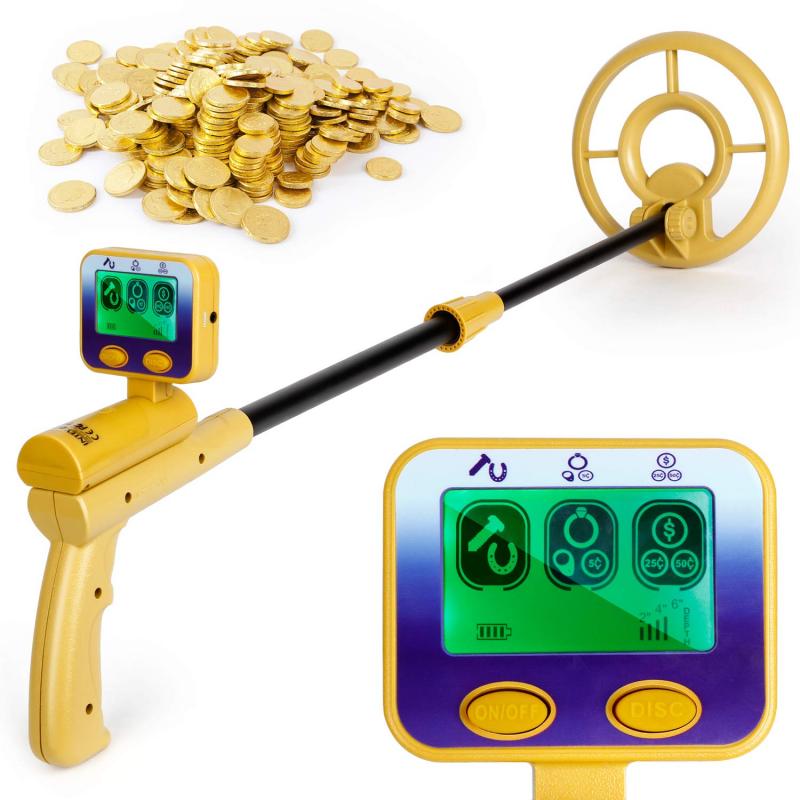
Before discussing the cost, it is essential to understand the different types of metal detectors available on the market. Metal detectors can be broadly categorized into three types:
1. Entry-Level Metal Detectors: These are designed for beginners and hobbyists. They are generally easy to use and come with basic features.
2. Mid-Range Metal Detectors: These offer more advanced features and better performance. They are suitable for enthusiasts who have some experience and are looking for more capabilities.
3. High-End Metal Detectors: These are professional-grade detectors with advanced technology and features. They are used by serious hobbyists and professionals who require high performance and precision.
Price Range of Metal Detectors
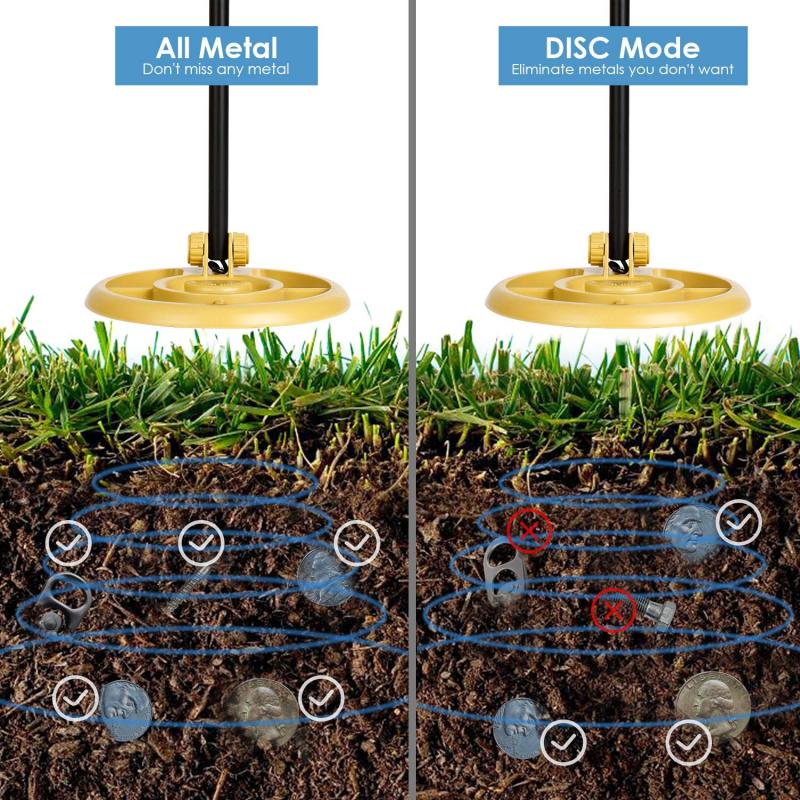
The cost of metal detectors varies significantly based on their type, features, and brand. Here is a general breakdown of the price ranges for each category:
1. Entry-Level Metal Detectors: These typically range from $100 to $300. They are affordable and provide basic functionalities suitable for beginners. Some popular models in this category include the Bounty Hunter TK4 Tracker IV and the Garrett ACE 200.
2. Mid-Range Metal Detectors: These usually cost between $300 and $700. They offer better depth detection, discrimination features, and overall performance. Examples of mid-range metal detectors are the Garrett ACE 400 and the Fisher F44.
3. High-End Metal Detectors: These can range from $700 to over $1,500. They come with advanced features such as multi-frequency detection, enhanced discrimination, and greater depth capabilities. Notable models in this category include the Minelab Equinox 800 and the XP Deus.
Factors Influencing the Cost of Metal Detectors
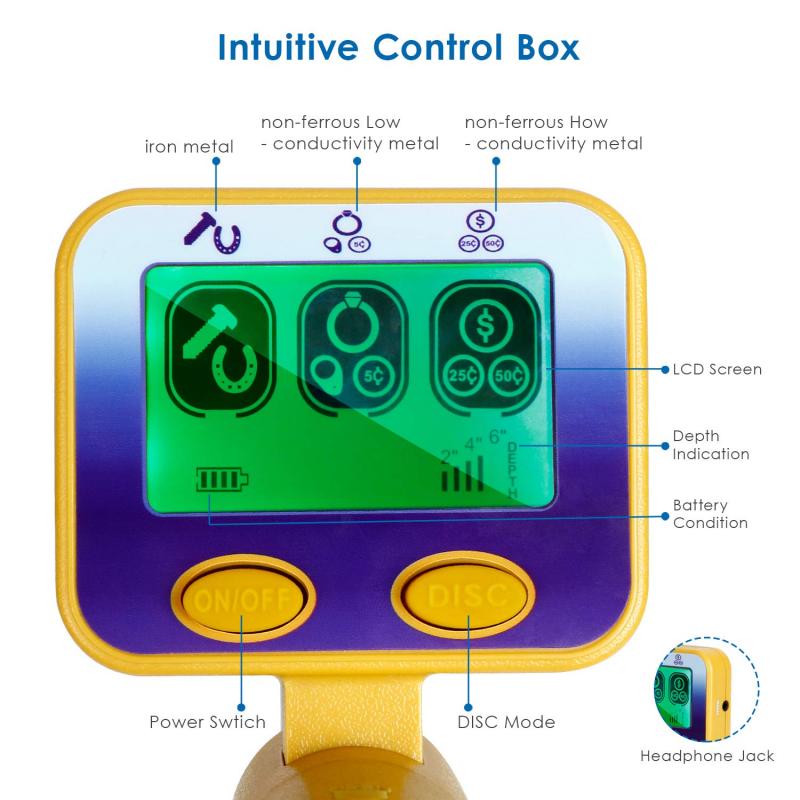
Several factors influence the cost of metal detectors. Understanding these factors can help buyers make informed decisions based on their needs and budget.
1. Technology and Features: The more advanced the technology and features, the higher the cost. Features such as multi-frequency detection, waterproof design, and advanced discrimination add to the price.
2. Brand Reputation: Established brands with a reputation for quality and reliability often charge a premium for their products. Brands like Garrett, Minelab, and Fisher are known for their high-quality metal detectors.
3. Build Quality: Metal detectors with robust build quality and durable materials tend to be more expensive. High-end models often use superior materials to ensure longevity and performance.
4. Accessories: Some metal detectors come with additional accessories such as headphones, carrying cases, and extra coils. These accessories can add to the overall cost.
5. Purpose and Use: Metal detectors designed for specific purposes, such as gold prospecting or underwater detection, often come with specialized features that increase their price.
Choosing the Right Metal Detector for Your Needs
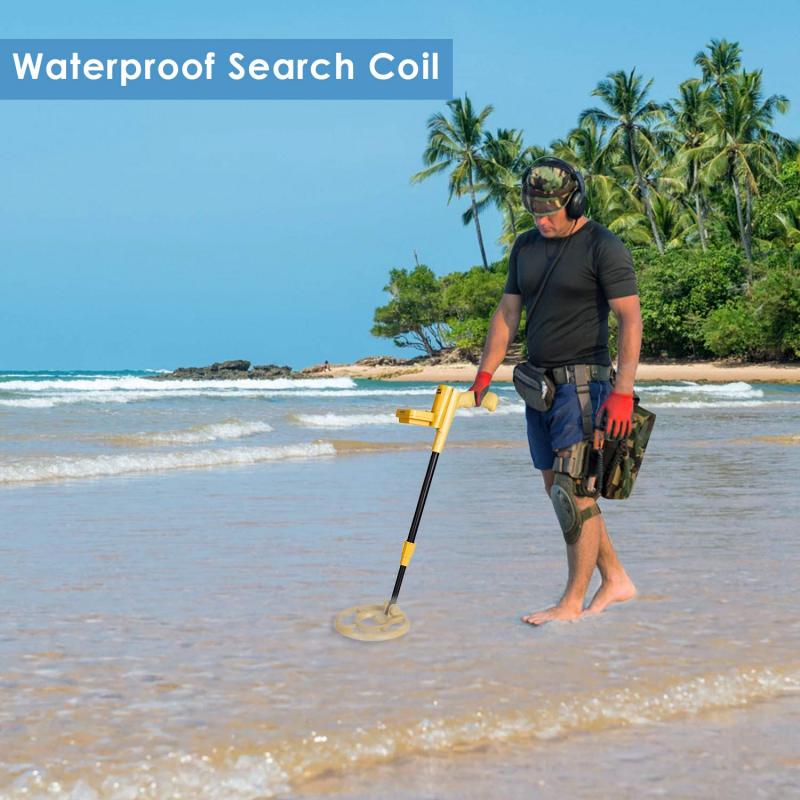
When selecting a metal detector, it is crucial to consider your specific needs and budget. Here are some tips to help you choose the right metal detector:
1. Determine Your Budget: Decide how much you are willing to spend. This will help narrow down your options and prevent overspending.
2. Identify Your Purpose: Consider what you will be using the metal detector for. Are you looking for coins, relics, gold, or underwater treasures? Different detectors are designed for different purposes.
3. Research Features: Look for features that match your needs. For example, if you plan to search in wet conditions, a waterproof detector is essential. If you need to detect small gold nuggets, look for a detector with high sensitivity.
4. Read Reviews: Check online reviews and ratings from other users. This can provide valuable insights into the performance and reliability of different models.
5. Consider the Learning Curve: Some metal detectors are more user-friendly than others. If you are a beginner, look for a model with simple controls and easy-to-understand features.
The cost of a metal detector can vary widely based on its type, features, and brand. Entry-level models are affordable and suitable for beginners, while mid-range and high-end models offer advanced features and better performance for experienced users and professionals. By understanding the different types of metal detectors and the factors that influence their cost, you can make an informed decision that meets your needs and budget.
Whether you are a hobbyist looking to explore local parks or a professional seeking to uncover hidden treasures, there is a metal detector out there for you. Take the time to research and choose the right model, and you will be well on your way to a rewarding and exciting metal detecting experience.

